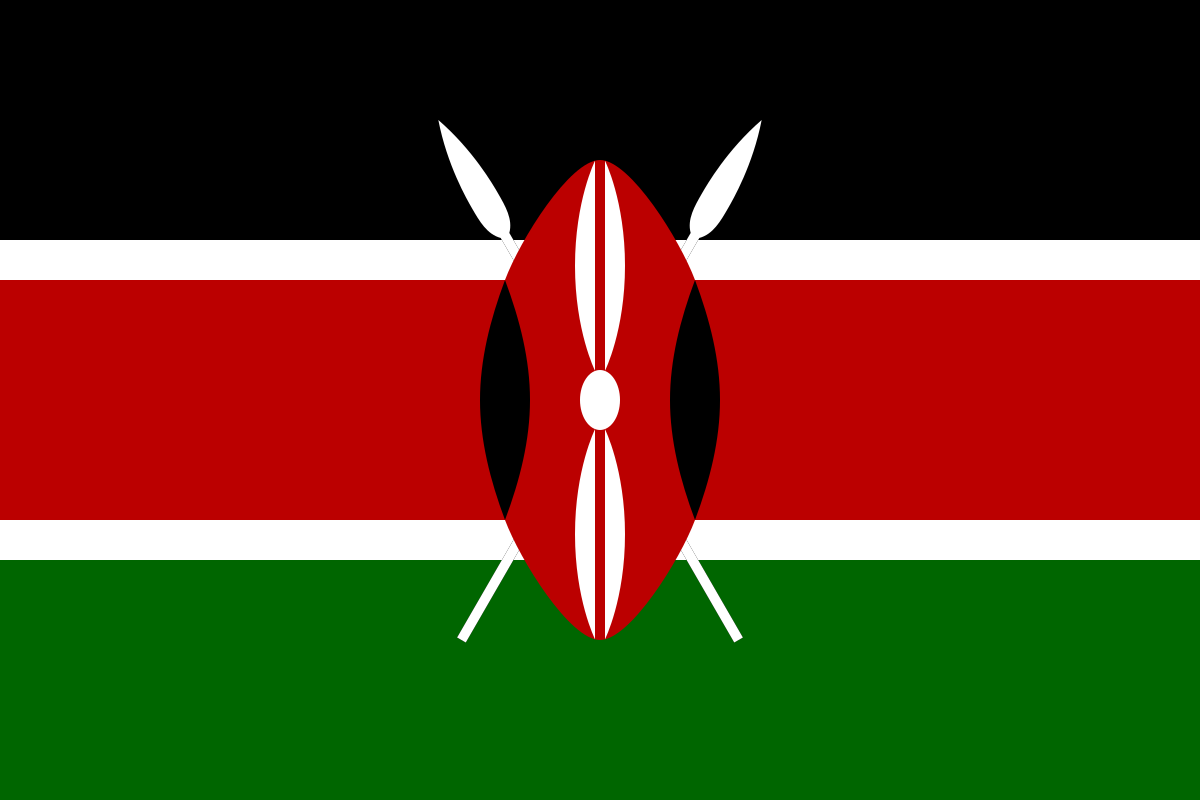GARISSA, Kenya, June 13 (Xinhua) -- At least 12 people, including six soldiers, were killed Tuesday in two separate attacks linked to the al-Shabaab terror group in coastal and eastern Kenya.
The police said the attackers used improvised explosive devices (IED) to target security agencies as they moved on roads, also leaving dozens wounded.
In the first incident, al-Shabaab militants targeted a passenger bus in the eastern county of Mandera by shooting at it to force the driver to stop in vain, the police said. The driver sped off with a deflated tire, saving almost 50 passengers who were on board.
In the eastern county of Garissa, the police said the terror group targeted Kenya Defense Forces (KDF) troops with an explosive device, killing four of them after the vehicle ran over an IED.
The personnel were also attacked by guns, said the police officer, who declined to be identified. A team of National Police Reserve (NPR) that responded was met with resistance, leaving six of the NPR dead.
According to the police, another IED hit a KDF vehicle in the coastal county of Lamu, killing two troops, officials said, adding that the attacks happened almost simultaneously.
This brings the total number of security officers killed in the two terror attacks to 12.
The latest incidents marked the highest casualties so far this year as the terror group keeps moving into Kenya from Somalia where they have been facing onslaught from African Union Transition Mission in Somalia and Somali security forces.
In the recent past, there have been some attacks involving landmines, grenades, or other explosive devices in eastern Kenya. Most of these attacks occurred in eastern Kenya, mainly in Wajir, Garissa, and Mandera counties as well as along the Kenyan coast. - Xinhua






